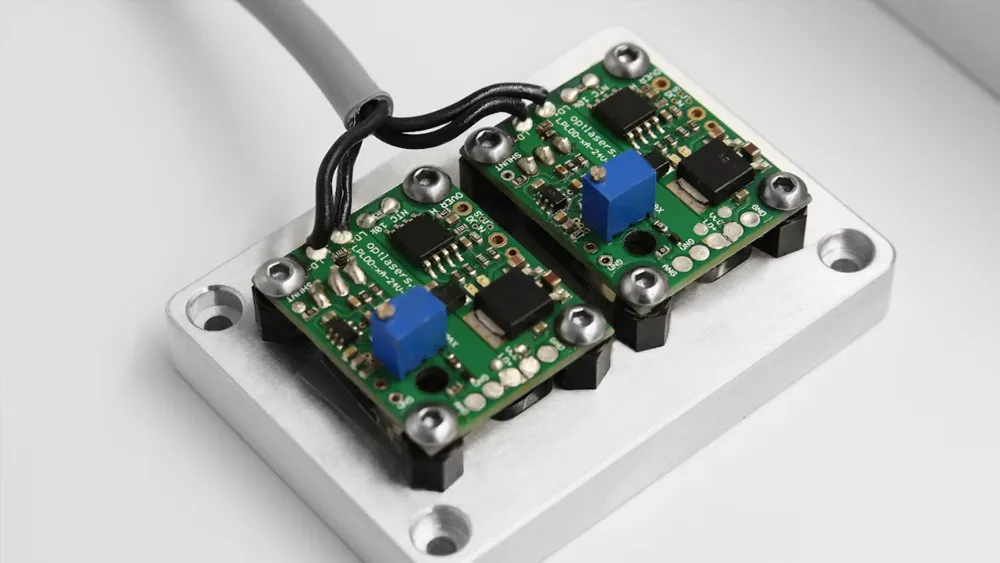
Is FCC Certification Required for Wireless Extenders?
FCC Certification for Wireless Extenders
With the rapid development of mobile communication networks, network coverage is continuously expanding. Wireless communication relies on the transmission of electromagnetic waves to create communication links. Due to obstructions from buildings, signals gradually weaken during transmission. In some enclosed buildings, basements, large shopping malls, underground parking lots, and other locations, the communication signal cannot meet users' needs. The emergence of wireless extenders solves the problem of weak signals.
Wireless extenders are devices or systems that can automatically receive, amplify, and retransmit signals from radio stations, allowing them to REACH inside buildings, tunnels, shielded outdoor areas, and other locations where the signal woULd otherwise be too weak for reliable communication.
FCC Certification Standards for Wireless Extenders in the United States
Testing standards for GSM, WCDMA, and LTE include:
- Part 20/22/24/27/90/96
- KDB 935210
Consumer-grade products can apply for FCC certification in specific frequency bands, while industrial-grade products have no frequency band restrictions. The applicable frequency bands for consumer-grade products are:
- 824-849MHz, 869-894MHz (Part 22 - Cellular)
- 1850-1915MHz, 1930-1995MHz (Part 24 - Broadband PCS)
- 1710-1755MHz, 2110-2155MHz (Part 27-L - AWS-1)
- 698-704MHz, 728-734MHz, 704-710MHz, 734-740MHz, 710-716MHz, 740-746MHz, 716-722MHz, 722-728MHz (Part 27 - Lower A-E Blocks)
- 746-757MHz, 776-787MHz (Part 27 - 700 MHz Upper C Block)
- 813.5/817-824MHz, 858.5/862-869MHz (Part 90 - Specialized Mobile Radio)
FCC Certification Application Process for Wireless Extenders:
1. First, apply for an FRN. If the applicant is applying for an FCC ID for the first time, they need to apply for a permanent Grantee Code and Grantee Code for the first ID application.
2. Prepare the necessary documents for the product.
3. Conduct a document review.
4. Perform testing.
5. Obtain the certification.
China JJR Laboratory provides FCC certification services for wireless extenders in the United States.
---
Email:hello@jjrlab.com
Write your message here and send it to us
 Canada ISED Certification RSS-247 Standard Testing
Canada ISED Certification RSS-247 Standard Testing
 What Are the Product Compliance for Amazon Austral
What Are the Product Compliance for Amazon Austral
 Australia IoT Security Compliance
Australia IoT Security Compliance
 V16 Warning Light EU EN 18031 Cybersecurity Certif
V16 Warning Light EU EN 18031 Cybersecurity Certif
 Japan IoT Security JC-STAR Certification
Japan IoT Security JC-STAR Certification
 FCC SDoC Compliance Information Statement
FCC SDoC Compliance Information Statement
 What Does FCC SDoC Certification Mean?
What Does FCC SDoC Certification Mean?
 What is Bisphenol A (BPA) Testing?
What is Bisphenol A (BPA) Testing?
Leave us a message
24-hour online customer service at any time to respond, so that you worry!




